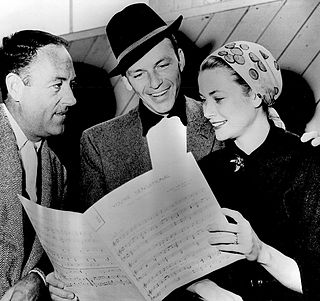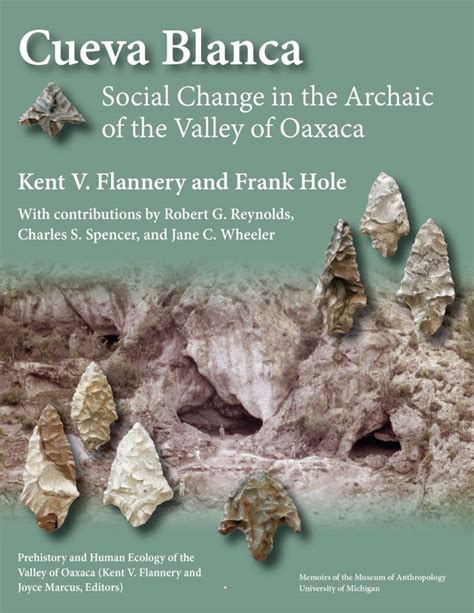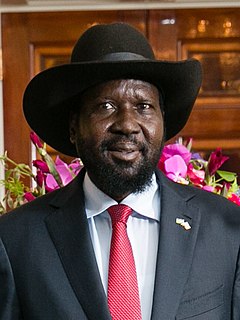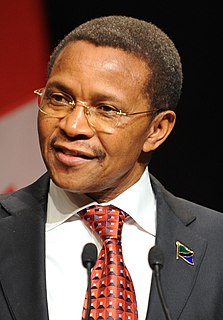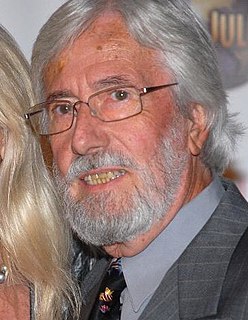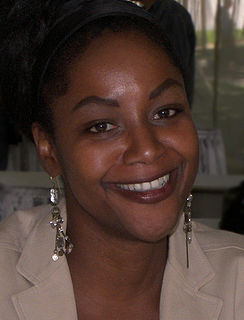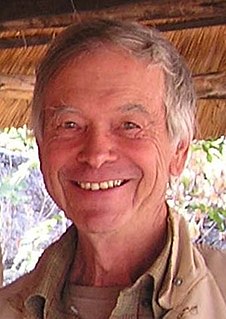A Quote by Charles Walters
To be economical agriculture must be ecological.
Quote Topics
Related Quotes
The reductionist measure of yield is to agriculture systems, what GDP is to economic systems. It is time to move from measuring yield of commodities, to health and well-being of ecosystems and communities. Industrial agriculture has its roots in war. Ecological agriculture allows us to make peace with the earth, soil and the society.
Women must see that there can be no liberation for them and no solution to the ecological crisis within a society whose fundamental model of relationships continues to be one of domination. They must unite the demands of the women's movement with those of the ecological movement to envision a radical reshaping of the basic socioeconomic relations and the underlying values of this [modern industrial] society.
The dialectical or ecological approach asserts that creating the world is involved in our every act. It is impossible for us to operate in our daily lives and not create the world that everyone must live in. What we desire arranges the genetic code in all of our major crops and livestock. We cannot avoid participating in the creation, and it is in agriculture, far and away our largest and most basic artifact, that human culture and the creation totally interpenetrate.
It is still true that the life we have created for ourselves on this earth is not working. Not one of the systems we have put into place in our world is functional - not the political, not the economical, not the ecological, not the educational, not the social, and not the spiritual. None of them are producing the outcomes we say we want. In fact, it's worse. They are producing the outcomes we say we don't want.
Is it too late to prevent us from self-destructing? No, for we have the capacity to design our own future, to take a lesson from living things around us and bring our values and actions in line with ecological necessity. But we must first realize that ecological and social and economic issues are all deeply intertwined. There can be no solution to one without a solution to the others.
For me the two biggest issues are climate change and animal welfare/animal agriculture. And oddly enough animal agriculture is such a contributor to climate change. According to the United Nations, 25% of climate change comes from animal agriculture, so every car, bus, boat, truck, airplane combined has less CO2 and methane emissions than animal agriculture.
Well, as a short-story writer, I don't think there are any weaknesses to the genre itself. I guess I would say that the difficulty of the form is that one must create an entire world in five to 30 pages, as opposed to 300. There is very little room for fat - you must be economical. And you must begin as close to the end as you possibly can.
Agriculture is not crop production as popular belief holds - it's the production of food and fiber from the world's land and waters. Without agriculture it is not possible to have a city, stock market, banks, university, church or army. Agriculture is the foundation of civilization and any stable economy.
